IASP members support companies & communities against COVID-19
/Remote_working_at_High_Tech_Campus_Eindhoven.jpg)
Science parks and areas of innovation around the world may work in different ways and in different local context, but they all share one key mission: to improve the quality of life in their cities, regions and communities, and to solve the biggest challenges facing us today.
The World Health Organisation has called COVID-19 the biggest crisis facing humanity, and IASP members are already helping their communities and adapting their environment, working to develop solutions to combat both the virus itself and the disruption it has caused to our daily lives.
In Brazil, Tecnopuc has opened the doors of its Crialab, FabLab and Usalab for developing community initiatives that can help fight Coronavirus, and are already making protective face masks for healthcare workers, while Porto Digital has joined forces with city and regional authorities to develop measures to mitigate the economic impact of the outbreak.
In its role as a knowledge city, Ruta N in Colombia is coordinating the local response to Coronavirus with their #innovaporlavida initiative, connecting companies, academic researchers and the public sector to ensure a united response from across Medellin's whole innovation ecosystem, including adaptation of spaces and production facilities for medical use and the design, prototyping and clinical testing of open source ventilators.
Still in Colombia, UNIMINUTO is also leveraging its position as a connector to set up a support network that brings together ideas and solutions from across the community, to hep each other through the challenges of lockdown.
Over in the Netherlands, High Tech Campus Eindhoven is working to maintain a sense of community even when people can’t get together with a communications campaign highlighting all the work that the management team and resident companies are doing from home, sharing tips for remote work and how to keep in touch with colleagues. The Botswana Innovation Hub has also been using social media to help its companies and entrepreneurs adapt to remote working, featuring a range of online tools and platforms that entrepreneurs can use to keep their businesses active during the lockdown.
In Estonia, the Tallinn Science Park Tehnopol and its accelerator Accelerate Estonia played a key role in the national “Hack the crisis” online hackathon, which brought together startups and innovators to develop solutions to help Estonia emerge from the coronavirus crisis and create competitive advantages for the post-crisis period. The are also changing the core of their services for the period of crisis and work together with companies to fight changes in the economy.
The Valencian Institute of Genetic Medicine, based in the University of Valencia Science Park (Spain), is adapting its microbiology laboratories to carry out 300-500 daily coronavirus tests, and the park is also compiling online tools, solutions and recommendations for dealing with the crisis. Also in Spain, the Parque Tecnológico de Galicia Tecnopole has taken direct steps to ease the way for its resident companies, with a moratorium on rent for the next three months. And our member APTE is also pulling together initiatives happening around STPs and AOIs in Spain.
At MIND in Italy they are taking a whole–community approach, extending a competition for children focused on sustainable development to provide educational activities even while school is suspended, and helping them transform their feelings in this difficult period into creative proposals for the city and community. With their focus on life sciences, MIND has also donated medical supplies to the emergency hospital being set up nearby to treat COVID-19 patients.
Connecting companies with the right customers is the focus at Linköping Science Park (Sweden), making sure that the solutions, techniques and services developed by resident companies to handle the crisis are highlighted. They have also spent time contacting experienced local business leaders to share their tips and advice with entrepreneurs to help them weather the crisis, as well as pushing out details of state aid available, with a dedicated team member to facilitate dialogue between social partners and the business community and gather information on how COVID-19 is affecting different industries.
Ann Arbor SPARK in the USA is taking a similar approach, helping its business and entrepreneurs adapt to remote working, and sharing details of financial resources available to keep SMEs and startups afloat through the crisis.
In the United Arab Emirates, at the UAEU Science and Innovation Park they are kicking off a "Makers For Our Country" initiative which aims to unite all the maker spaces in the country to contribute to the demand of hospitals' protective gear, including the successful test of a 3D printed face shield.
The role of new technologies is crucial in keeping people connected and businesses afloat, and Here East in the UK are sharing initiatives which bring together the creative and tech industries such as e-sports and how VR can be used to travel and visit museums without leaving home. They are also making sure their companies with relevant technologies can scale up and access funding they need to rise to the challenge of COVID-19.
These are just a few of the way that science parks, areas of innovation and other innovation ecosystems are helping their resident companies, communities and regions: IASP will carry on bringing you updates in the weeks to come.
To learn more about how resident companies are rising to the challenge and the solutions they have developed to combat COVID-19 and its social and economic impact, take a look at our COVID-19 solutions page.
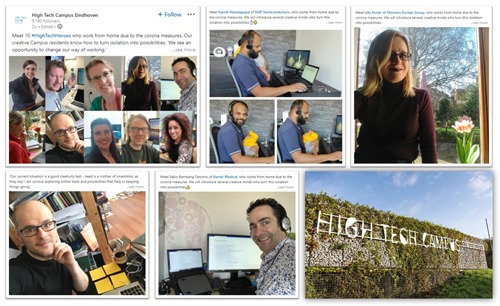
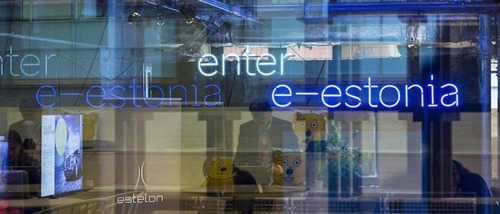
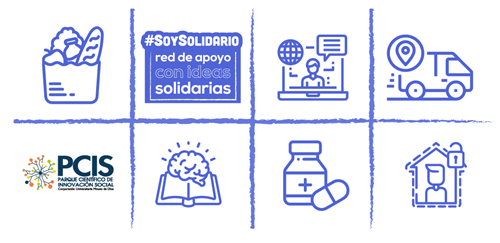
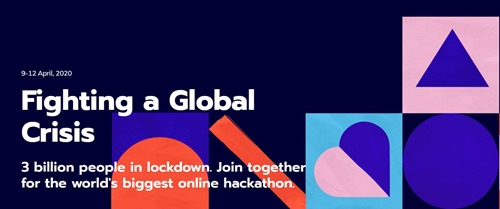
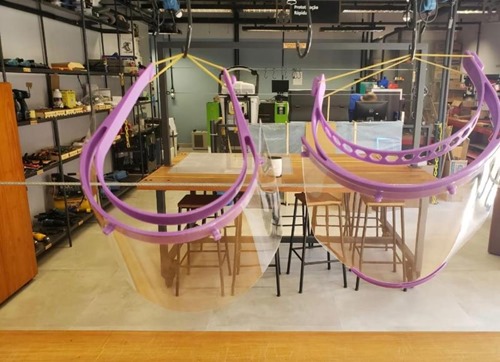
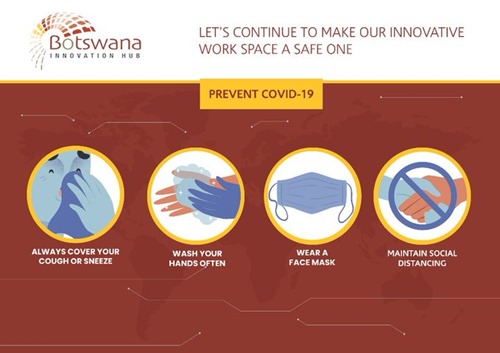
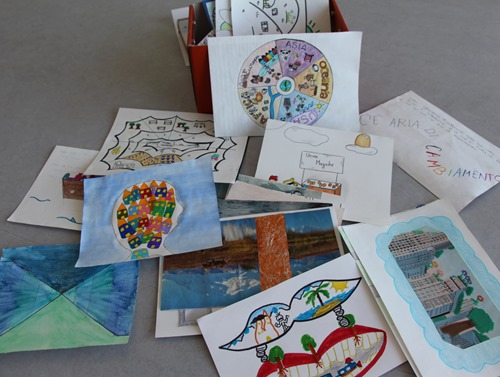
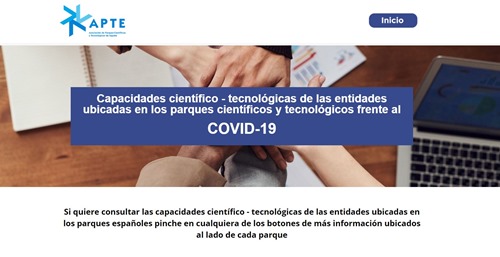
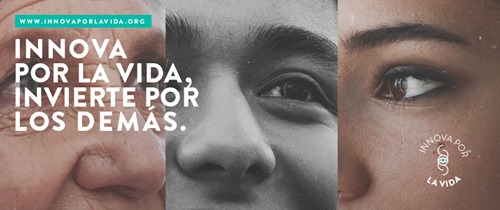
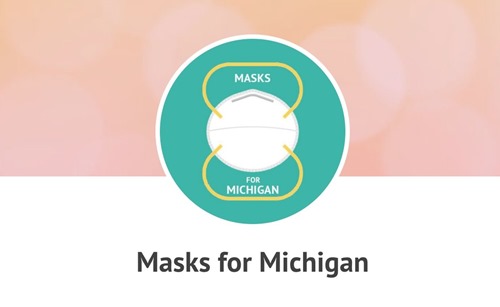
/)

/canvascolor(0xffffffff)/Logo_TechPark-02_1.png)
/canvascolor(0xffffffff)/TusPark_Belgium.png)
/canvascolor(0xffffffff)/logo_TROKUT_Å_ibenik_PNG_2.png)
/canvascolor(0xffffffff)/2025_07_08_Kazakhstan_Astana_Business_Campus.png)
/canvascolor(0xffffffff)/STH-Tech_logo_USUEL_RGB_NOIR_vsF_avril_21_1.png)
/canvascolor(0xffffffff)/tps.JPG)
/canvascolor(0xffffffff)/2017_11_13_Spain_Tecnocampus_3.jpg)
/canvascolor(0xffffffff)/MemberLogo-66701-317301.png)
/canvascolor(0xffffffff)/MemberLogo-54503-6263.jpg)
/canvascolor(0xffffffff)/2019_11_12_China_Tuspark_(Jiangsu).png)
/canvascolor(0xffffffff)/2019_11_22_India_IKP.jpg)
/canvascolor(0xffffffff)/1200px-Logo_Sophia_Antipolis_12.png)
/canvascolor(0xffffffff)/logo-oscuro-parque-cientifico-ua.png.png)
/canvascolor(0xffffffff)/2021_09_20_Thailand_STP_Chiang_Mai_University.jpg)
/canvascolor(0xffffffff)/2023_07_27_Italy_Road_2.jpg)
/canvascolor(0xffffffff)/MemberLogo-5650-6079.jpg)
/canvascolor(0xffffffff)/2018_01_18_China_Chongqing_Tuspark_Management_.png)
/canvascolor(0xffffffff)/SLSP_logo_2022.png)
/canvascolor(0xffffffff)/2018_03_30_Canada_Technoparc_Montreal.png)
/canvascolor(0xffffffff)/UBT1_1.png)
/canvascolor(0xffffffff)/ZGC_Group_SP_logo_1.png)
/canvascolor(0xffffffff)/JOIST_Innovation_Park_Logo_-_White_1.png)
/canvascolor(0xffffffff)/2021_08_20_China_Baixia_High-Tech_Zone.jpg)
/canvascolor(0xffffffff)/MemberLogo-59301-6100.jpg)
/canvascolor(0xffffffff)/Surrey_Research_Park_BLUE_(RGB).gif)
